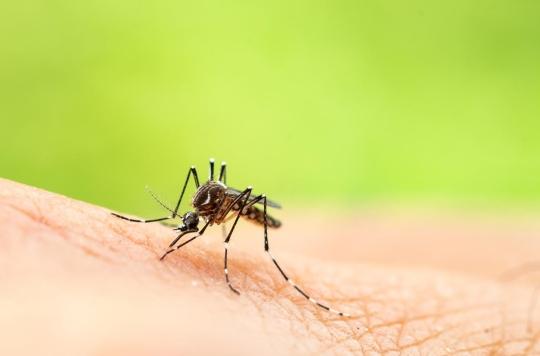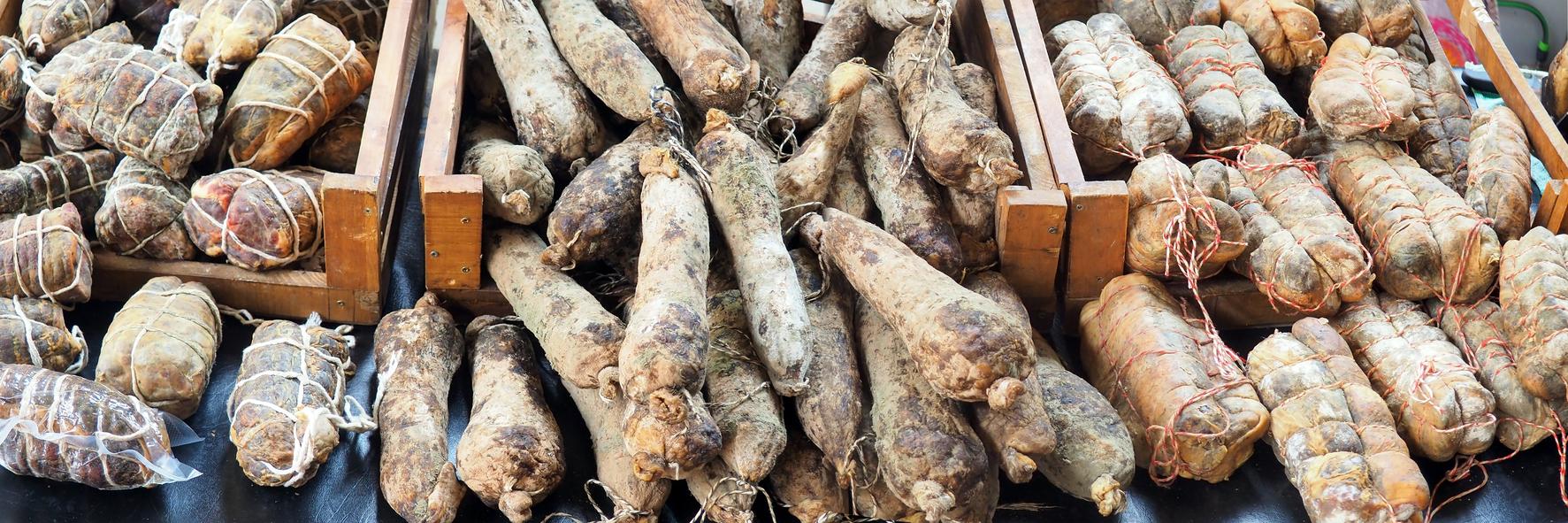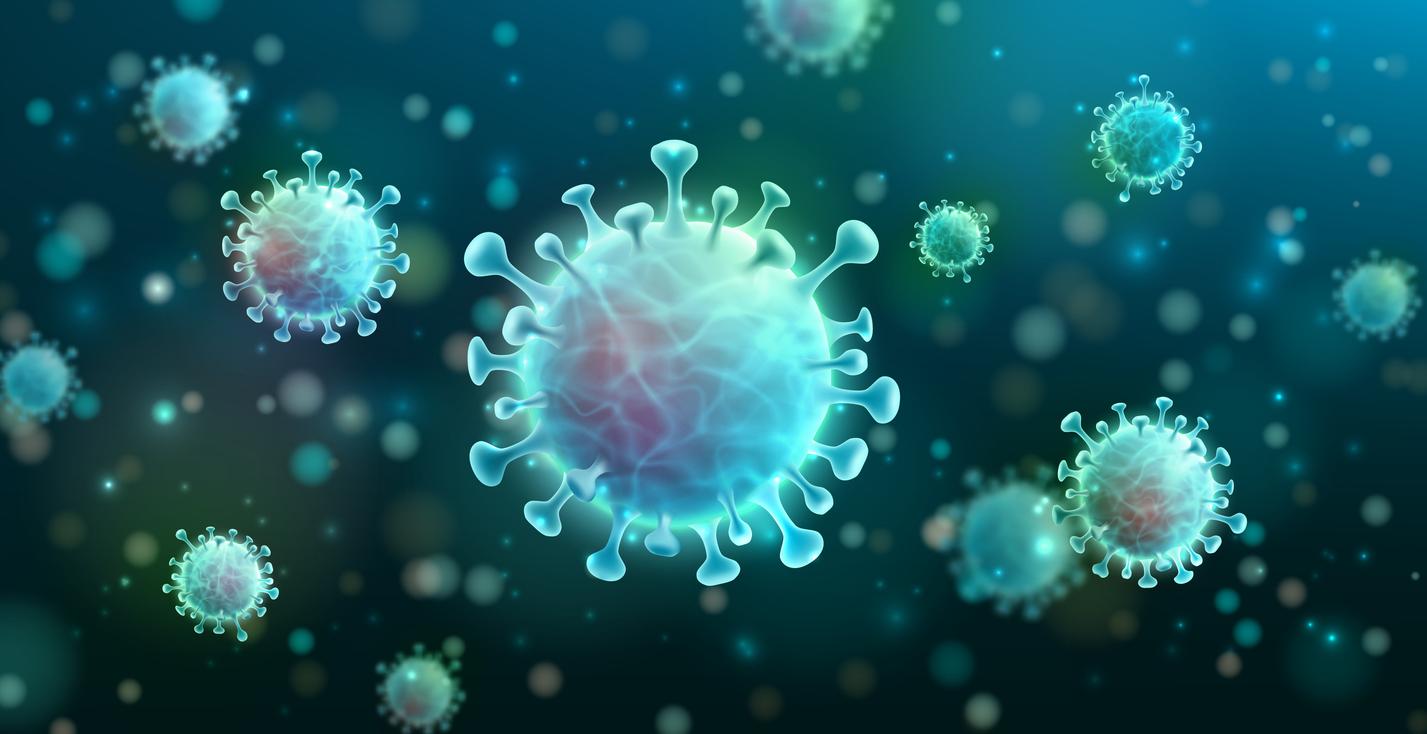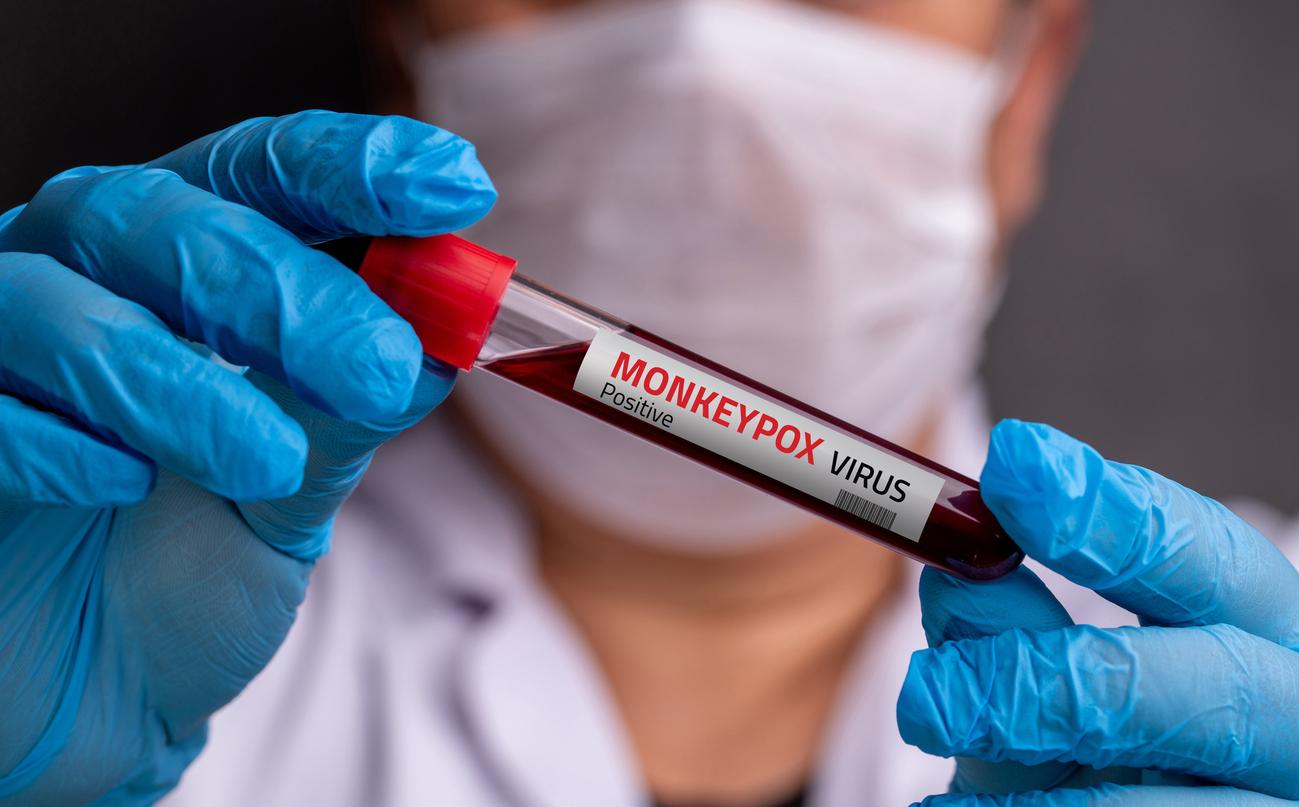A new case of the dengue virus has been identified in the Var. The patient would have been contaminated on the spot by a tiger mosquito.

- About 100 to 400 million infections occur each year, but more than 80% of them are usually mild and asymptomatic, according to the WHO.
- Dengue fever is a disease transmitted by certain mosquitoes. There is no direct human-to-human transmission. It occurs in tropical and subtropical regions around the world, with a predilection for urban and semi-urban areas.
“To this gentleman, it looks benign.” The town hall of the village of Fayence, in the Var, announced on Tuesday, on his social networks, that one of these residents had contracted dengue fever.
The patient not returning from a trip to a tropical country, where this disease usually occurs, it would be a so-called “indigenous” case: the man would have been infected on the spot by a tiger mosquito (the one that transmits this virus) . The Regional Health Agency has opened an investigation to determine the origin of the infected insect.
“Aboriginal” case
This is the second indigenous case identified in the department since the start of seasonal surveillance, after a first patient reported in Toulon in July. Several other non-indigenous cases have also been recorded in the South in recent months, particularly in Pyrénées-Orientales.
As a precaution, the town hall of La Fayence will organize in the coming days a mosquito control within 200 meters around the house concerned. City services are calling on residents to close their windows, bring their pets in, and to protect themselves against mosquito bites with the appropriate products.
67 departments concerned
The spread of tiger mosquitoes in mainland France, whose climate is not tropical, however, increases the risk of dengue infection. To date, he is implemented in 67 departments of the metropolis, according to Public Health France.
If, in the majority of cases, dengue fever is asymptomatic, it can cause high fever, headaches or vomiting. Flu-like symptoms that usually appear between 3 to 14 days after the bite. In its most severe form, dengue fever can even lead to serious complications or even death. “It is characterized by an increase in vascular permeability which can lead to shock and haemorrhages which can be life-threatening”, says Public Health France. A situation which, according to the WHO, can occur in 1% to 5% of symptomatic cases.

















